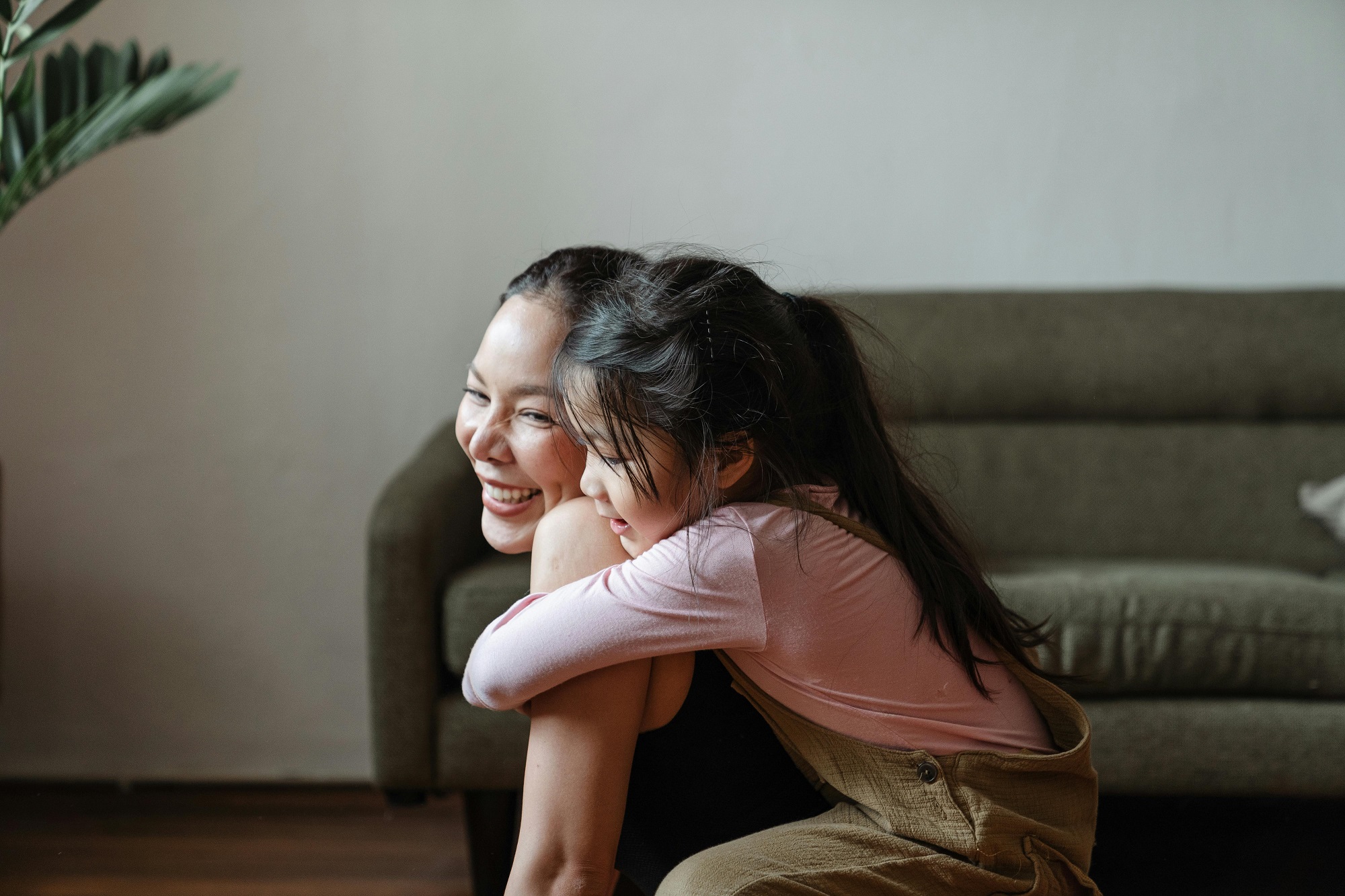What my Internet Trauma Taught me about Raising Safe and Smart Kids

In 2000, flip phones were trending, the first and only social networking website called Six Degrees tanked leaving nothing to take its place (and no one seemed to notice), and I joined my boyfriend in a widely publicized livestream called “We Live in Public”. In many ways, “We Live in Public” predicted the world that we live in now. We were two awkward internet pioneers and two cats in a New York City loft wired with 32 cameras. The project was first of its kind and the press ran with it. My goal was to survive 100 days with the cameras turned on, secure my boyfriend’s love in the process, and befriend thousands, maybe even millions of faceless “watchers”, who communicated with us live 24-7 through a chat room as they watched the most intimate details of our private lives unfold. I hoped they’d like me.
I left 78 days after launch with CPTSD: surveillance trauma, sexual bullying trauma and identity theft after a couple dozen enthusiastic fans started blogging as me. My now ex-boyfriend said he owned all the footage that he’d captured of me. I walked around Silicon Alley screaming at myself inside my head for being so stupid for weeks. It is not unlike what happens to children after they are groomed to send pics and then exploited. I wish I would have gotten help sooner but I was too shut-down and ashamed.
I recently learned that shame — and also the fear of getting into trouble — keep children and teens from speaking to an adult after they experience something uncomfortable, scary or embarrassing. Although I was 30 years old when all this happened, a part of me was eight years old, and she just wanted to be loved, celebrated and seen. One of the ways that I healed was by learning to relate with this childlike part of me with a great deal of kindness. Like how you might want to treat your own child (even if you were mad or scared) after she bumbled into trouble and you found her shaking and curled up into a ball on the floor. I know there are thousands, maybe millions of real children in the world today who are victims of internet abuse and my heart truly goes out to them.
A few years after I escaped the nightmare, I married a kind man and we had two daughters together. I couldn’t wait to legally change my last name to his, and adopt a new identity as a wife, mother and freelance magazine writer. By the time our children were in elementary school, every kid in a stroller but mine on Manhattan’s Upper West Side was clutching a smartphone in their hands. I constantly worried that my children were on the verge of becoming internet guinea pigs — just as I had once been. I often felt sick and panicky when I let them play with an app on my phone or the family iPad. Could a stalker-stranger connect with my babies and harm them? I wouldn’t let it happen on my watch. I don’t think you have to have experienced internet trauma yourself to be concerned about the possible repercussions of exposing your kids to the numerous dangers – including social media comparison culture, online gaming and porn.
After my husband and I separated, I delayed getting my daughters phones by moving us to a play-based school community that required kids not be allowed devices until high school. I think it’s kind of insane that the only way that I could keep from succumbing to social pressures on me and my kids, was to leave mainstream education. That said, it was a beautiful experience, and my nervous system really settled during that time. But eventually we moved back into a mainstream school environment – and immediately my daughters were the only kids in their entire grades (3rd and 7th) without a smartphone. Being left out of all the socializing that happens after school on apps quickly started to impact their self-esteem. But still, I waited. I needed to know I could keep them safe. And I just didn’t trust myself yet.
Over the years I took a deep dive into my own healing with somatic therapy, which led me to eventually train to work as a trauma therapist myself. Before I could guide my kids into uncharted waters, I needed to develop the capacity to be with them when they might experience something that could trigger me. I also needed to be willing to disappoint them and pull back on something – an app or a device – if I came to the conclusion that it was not in their best interest, even after doing my research. I don’t regret delaying them at all; when it was time they caught up quickly with their peers, and I think they were much more ready. I’m definitely still a work in progress when it comes to figuring this stuff out, but I can offer you a few suggestions that I have worked hard to come by.
- Don’t agree to anything that doesn’t feel right in your body or makes sense to you. If you’ve got a knot in your belly when you think about giving your child a smartphone, better to wait. It’s so much easier to give a kid a device than it is to take one away. Wait for the “Yes”, and see if you can find other like-minded parents for support.
- Regulate your own nervous system first. When you feel the urge to lunge for your phone, when it beeps (because you’re bored or lonely) try to pause. There’s usually a sensation associated with that urgency. A fluttering in your chest or a quickening of your breath. Once you become aware of it you can support yourself in self-soothing in other ways that can be way more satisfying and actually way more fun. Like asking for a hug or having a spontaneous dance party in your kitchen. You can teach your kids this too, and they’ll likely learn by example, but you have to learn it for yourself, first.
- When you feel ready, have a conversation with your child or children about what they will do when they experience something embarrassing, uncomfortable or even scary on their phone. Help them come up with a plan. You might not be the one your kids feel most comfortable reaching out to. And that’s okay. Just make sure they have someone in mind.
- As little ruptures or odd sightings occur in their social media accounts, you can go a step further if it feels right and suggest that your kids might notice how what they experienced feels in their body. Helping them notice what’s unpleasant – and also what’s pleasant – can reinforce both body awareness and support better boundary-setting. We can’t protect ourselves when we’re not aware of the impact something is having on us.
I consider one of my most important jobs as a mom is helping my kids develop a strong sense of identity, boundaries and self-respect, so they won’t always need me to keep them safe as they mature into adulthood. Sometimes we need to step up and do the hard work of learning how to do this work for ourselves, first.

 Family Online Safety Institute
Family Online Safety Institute